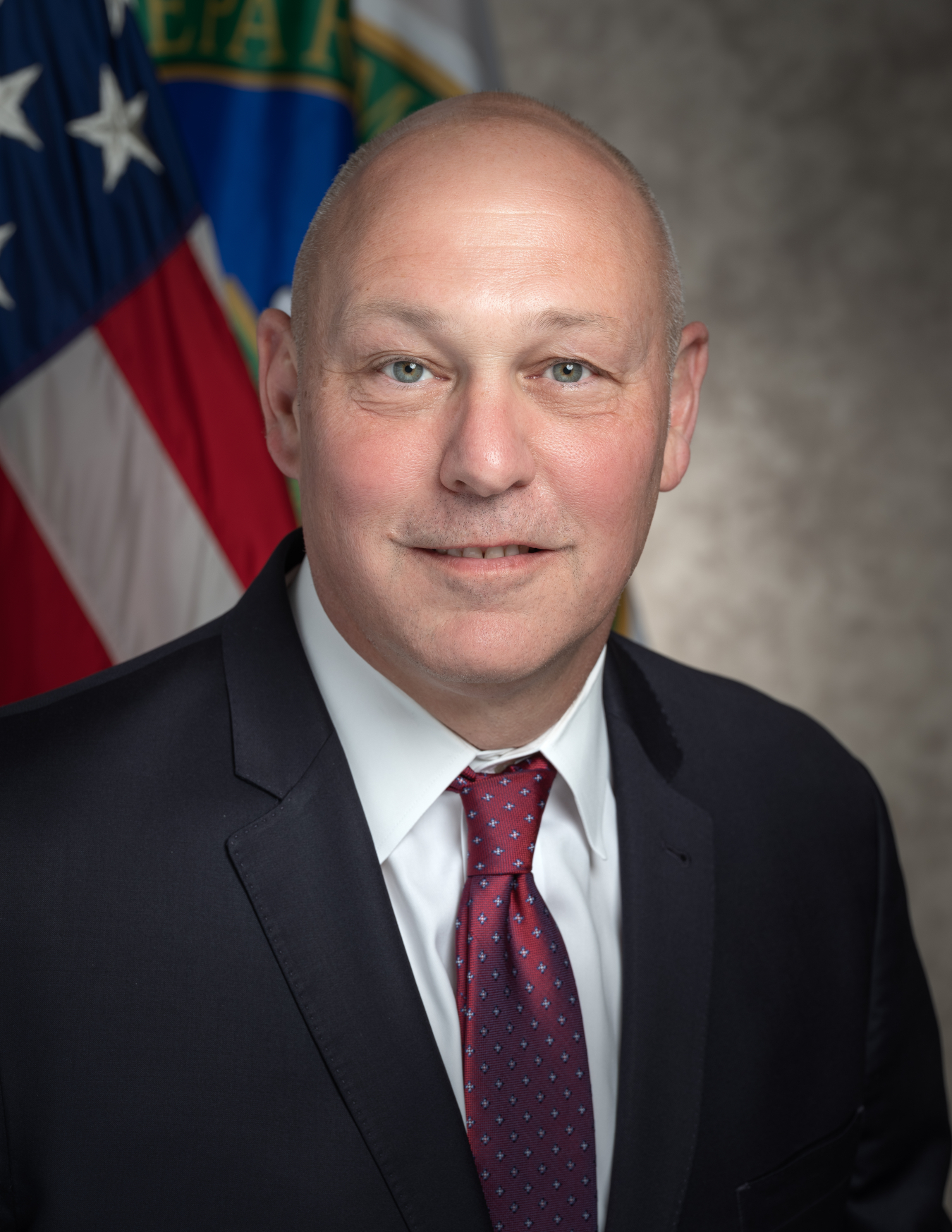Celebrating 10 years of science at Energy Frontier Research Centers across America.
July 29, 2019As world demand for energy rapidly expands, transforming the way energy is collected, stored, and used has become a defining challenge of the 21st century. At its heart, this challenge is a scientific one, but it’s also a management one – How do you bring together, empower, and support the creative, multi-disciplinary, and multi-institutional scientific teams needed to tackle the toughest scientific challenges preventing advances in energy technologies?
For the last decade, the U.S. Department of Energy’s (DOE) Office of Basic Energy Sciences has turned to a unique approach for harnessing the power of the scientific and technological community: the Energy Frontier Research Center (EFRC) program, established in 2009. EFRCs are major collaborative research efforts to accelerate high-risk, high-reward fundamental endeavors that provide a strong scientific basis for transformative energy technologies of the future. They take full advantage of powerful new tools for characterizing, understanding, modeling, and manipulating matter from atomic to macroscopic length scales. They also train the next-generation scientific workforce by attracting talented students and postdoctoral researchers interested in path-breaking energy science.
The Office of Science and its predecessor agencies have a long and illustrious history of managing collaborative science enterprises dating back to the Manhattan Project and the sequencing of the human genome. Even so, the EFRCs were an experiment in the management of basic research that has since paid huge dividends to the Office of Science, to DOE, and to the nation. They’ve been responsible for an enormous number of breakthroughs, seminal publications, and inventions and are a major force powering the science behind innovation in America’s energy industry and economy. Research topics have ranged widely from solar energy and biofuels, to transportation, energy efficiency, electricity storage and transmission, carbon capture and sequestration, and nuclear energy, among others.
Collectively, the EFRCs have generated more than 11,600 peer-reviewed publications, more than 650 invention disclosures, and nearly 1,000 domestic and international patent applications. More than 100 companies have benefited directly from EFRC research. These are results scientific institutions the world over would envy.
Today here in Washington, Under Secretary Paul Dabbar will join EFRC researchers from universities and national laboratories across the nation, to recognize the 10th anniversary of this landmark program and celebrate the accomplishments of the 82 centers that have been supported under this program since 2009. To date, the program has involved more than 1,600 senior investigators and more than 5,400 students at some 170 institutions.
Under Secretary Dabbar will give a special shout-out to 10 of these EFRC researchers or groups of researchers, past and present, who best exemplify the extraordinary impact that the EFRCs have had on scientific ideas, technologies and tools, and people. The winners were drawn from a DOE-sponsored Ten at Ten Contest to mark the anniversary. Projects recognized as exemplars in this list include battery research, photovoltaics and solar energy, converting biomass to bioenergy, new materials development, and education and knowledge transfer.
The Office of Science is proud of the accomplishments of the first decade of our Energy Frontier Research Centers, and very much looks forward to future discoveries and innovation this continuing program will bring. I congratulate all the many researchers, administrators, students, and staff whose successes individually and collectively we recognize today. This success – theirs, and ours – is helping the world meet the energy challenge of the decades to come.
Dr. Chris Fall

Dr. Chris Fall served as Director of the Department of Energy's Office of Science, the lead federal agency supporting fundamental scientific research for energy and the nation's largest supporter of basic research in the physical sciences. He oversaw the Office's two principal thrusts: direct support of scientific research, and development, construction, and operation of unique, open-access scientific user facilities that are made available to external researchers. The Office of Science also is responsible for stewardship of 10 of the Department's 17 national laboratories.
Before joining the Office of Science, Fall served as a Senior Advisor to the Undersecretary for Energy and as Acting Director of DOE's Advanced Research Projects Agency-Energy (ARPA-E). Fall came to DOE from the Office of Naval Research (ONR), where he served for more than seven years in a variety of roles including Acting Chief Scientist and Lead for the Research Directorate, Deputy Director of Research, Director of the International Liaison Office, and the ONR Innovation Fellow. While on loan from ONR, Fall served for three years in the White House Office of Science and Technology Policy as Assistant Director for Defense Programs and then as Acting Lead for the National Security and International Affairs Division. Before government service, Fall was a faculty member at the University of Illinois at Chicago, and he completed postdoctoral fellowships at the University of California at Davis Institute for Theoretical Dynamics and the New York University Center for Neural Science.
Fall earned a Ph.D. in Neuroscience and a B.S. in Mechanical Engineering from the University of Virginia. He also holds an MBA from Northwestern University's Kellogg School of Management.


